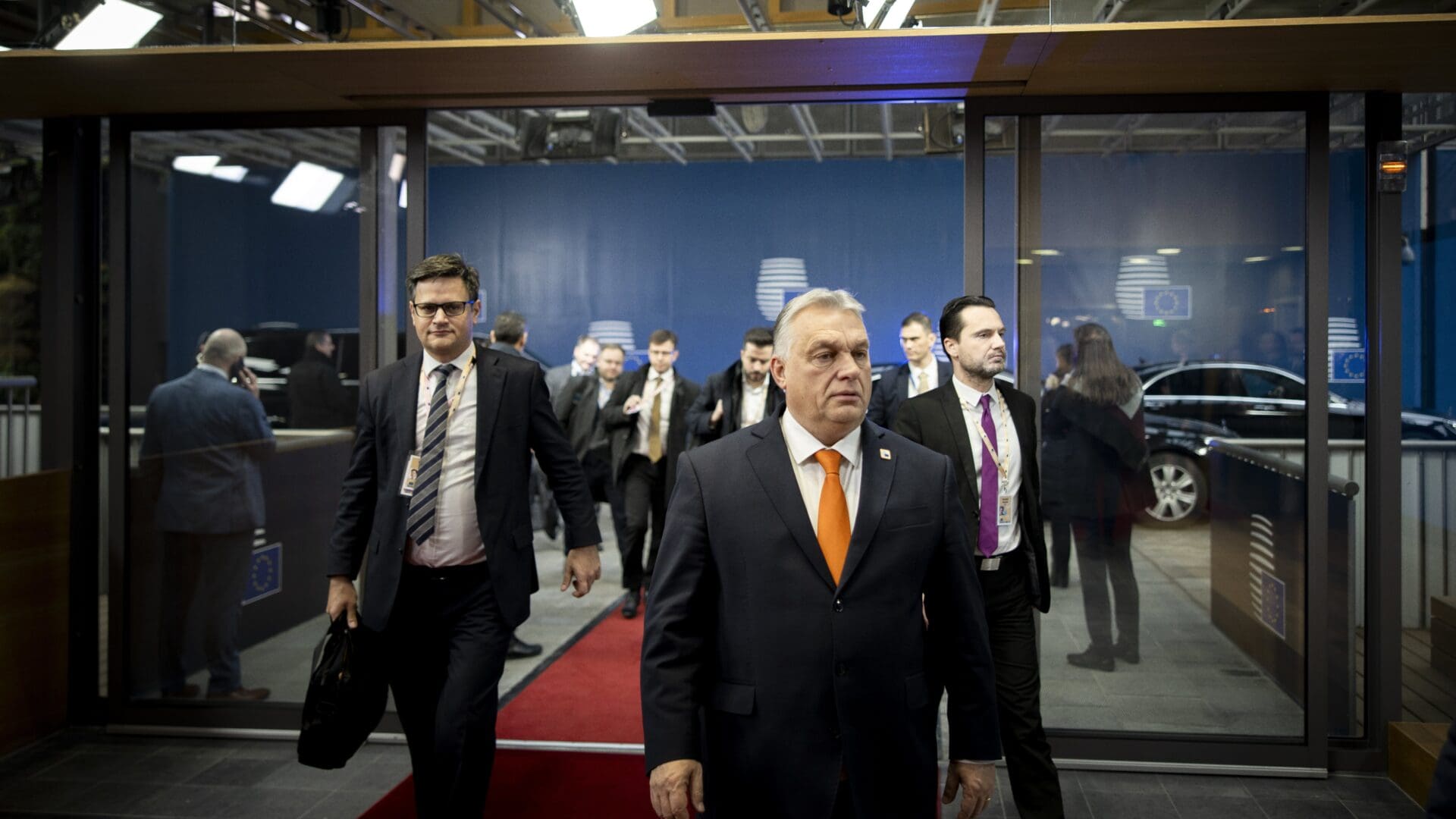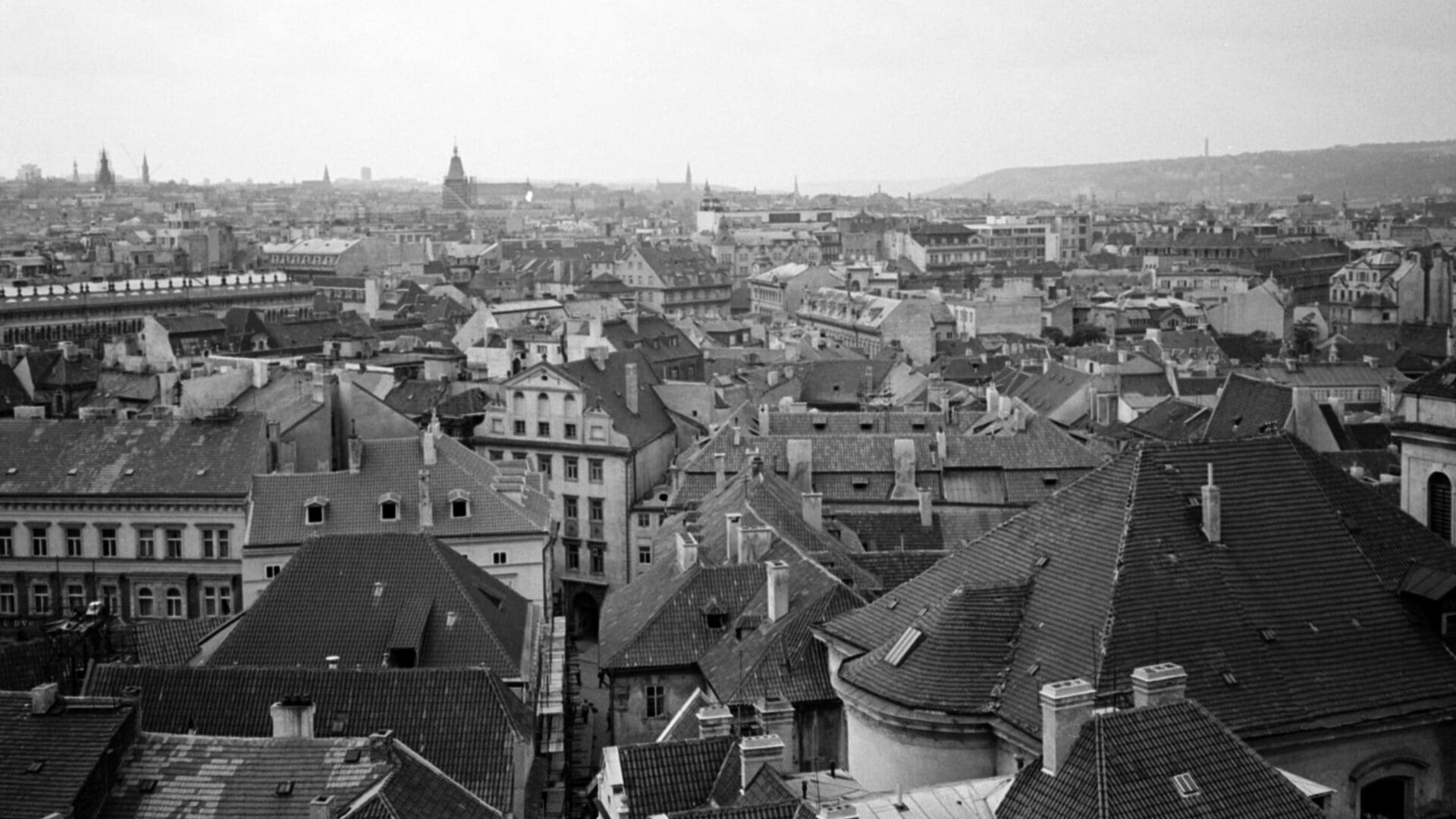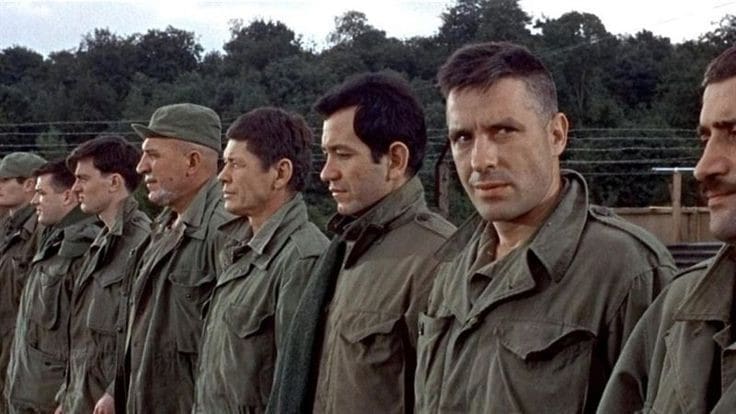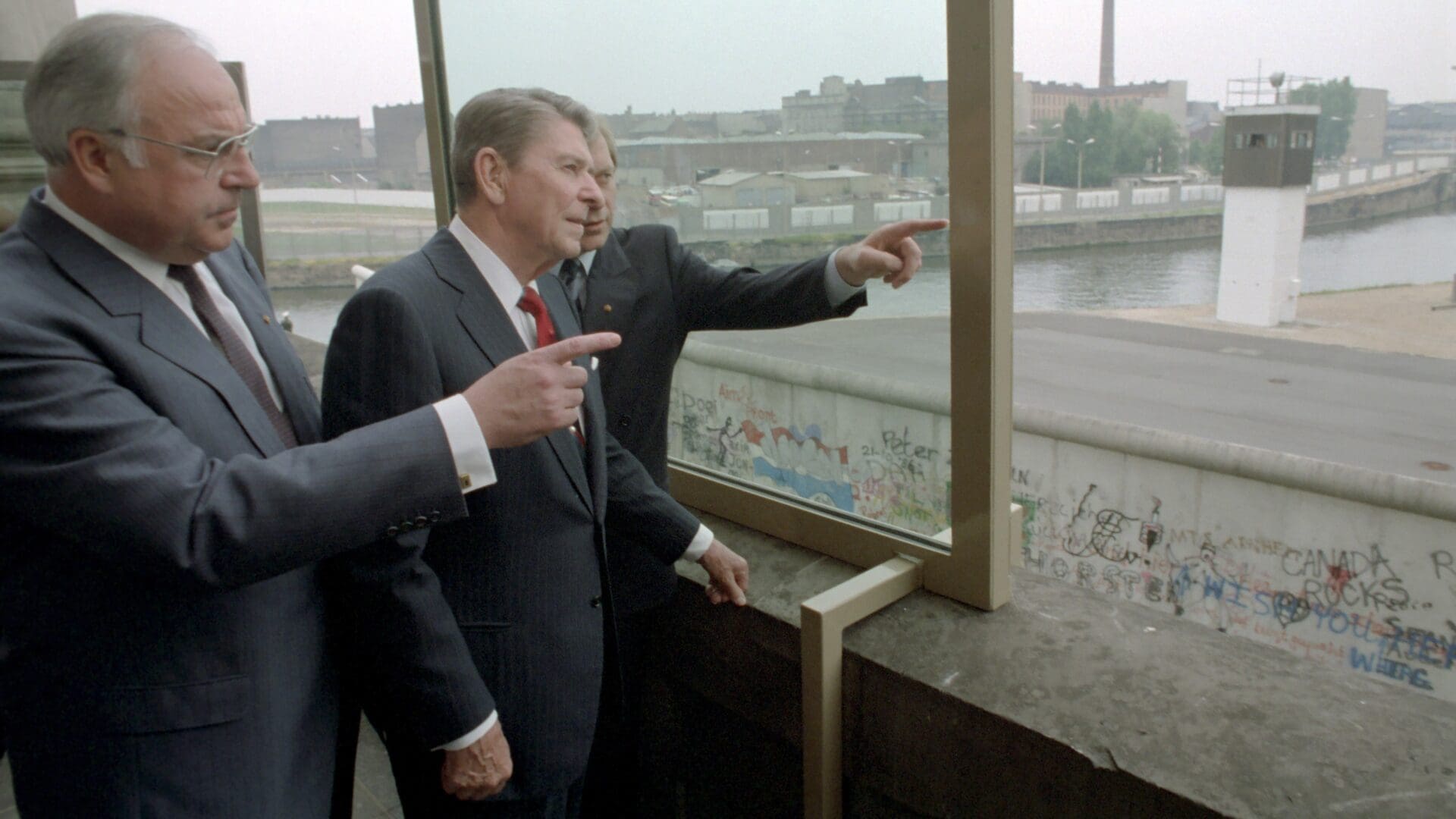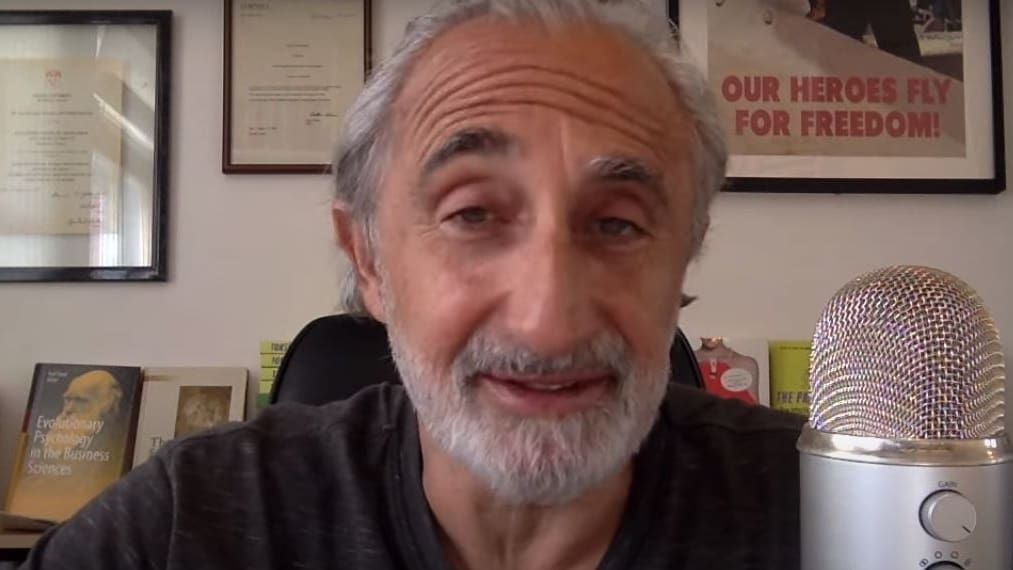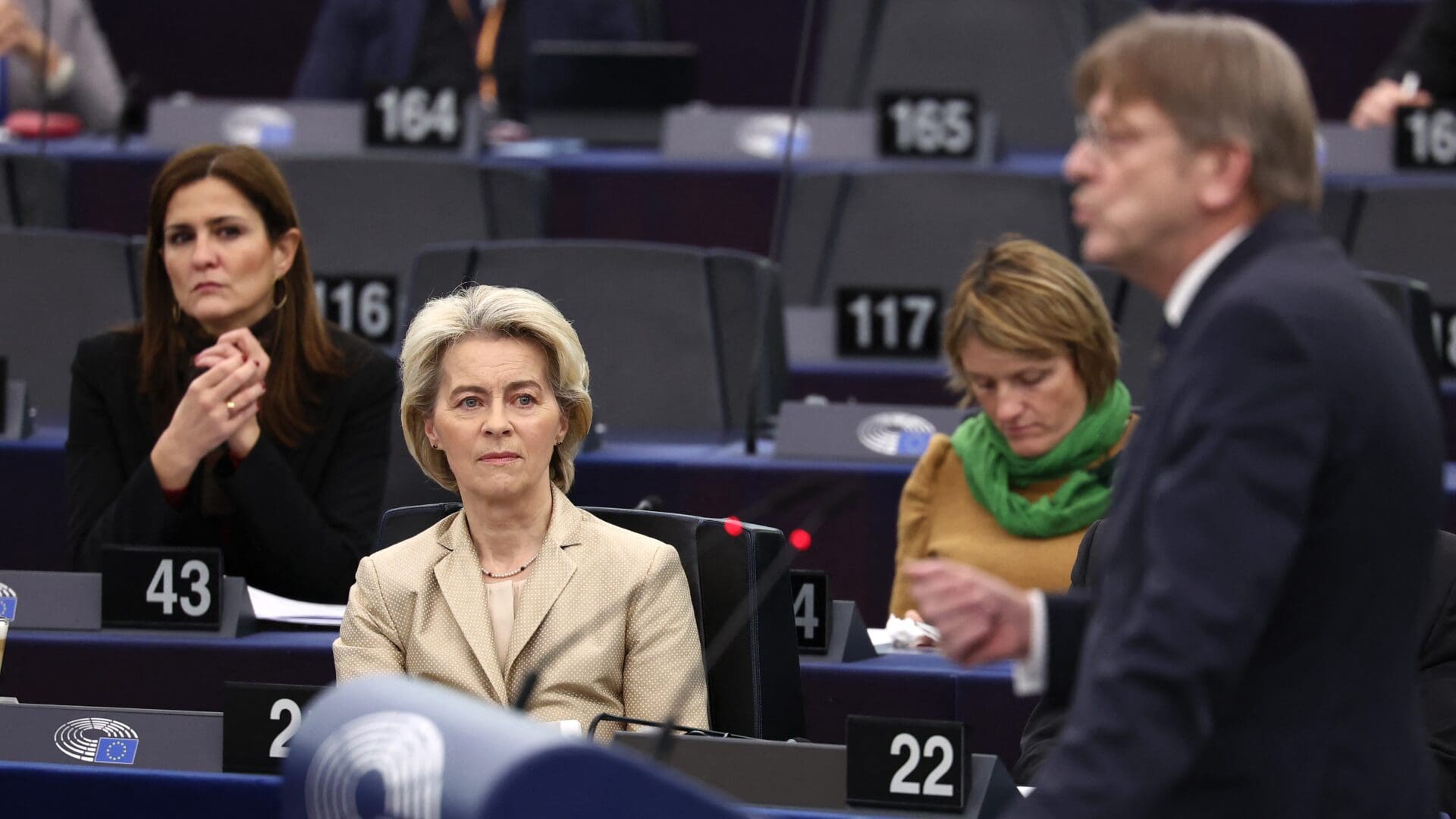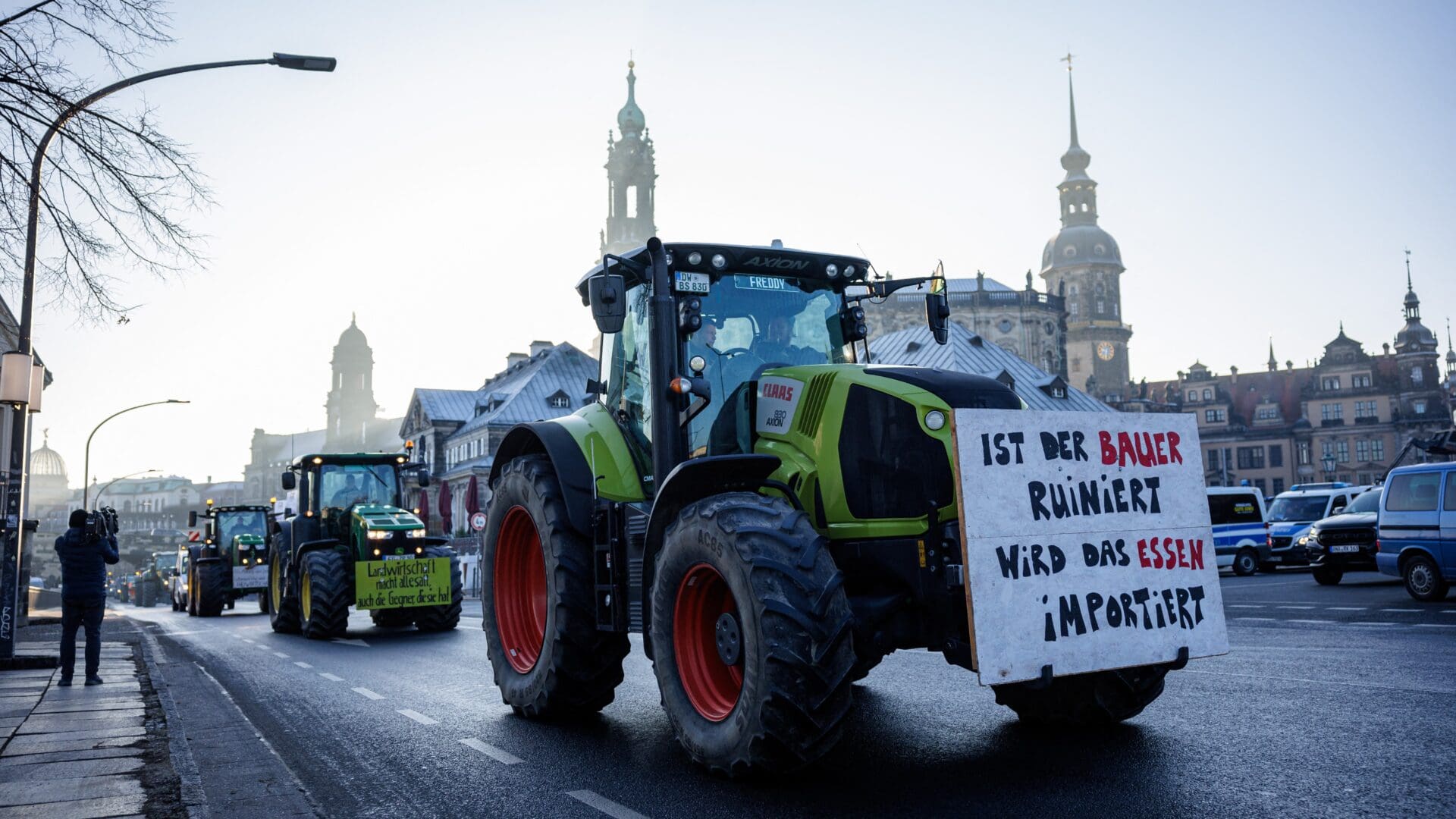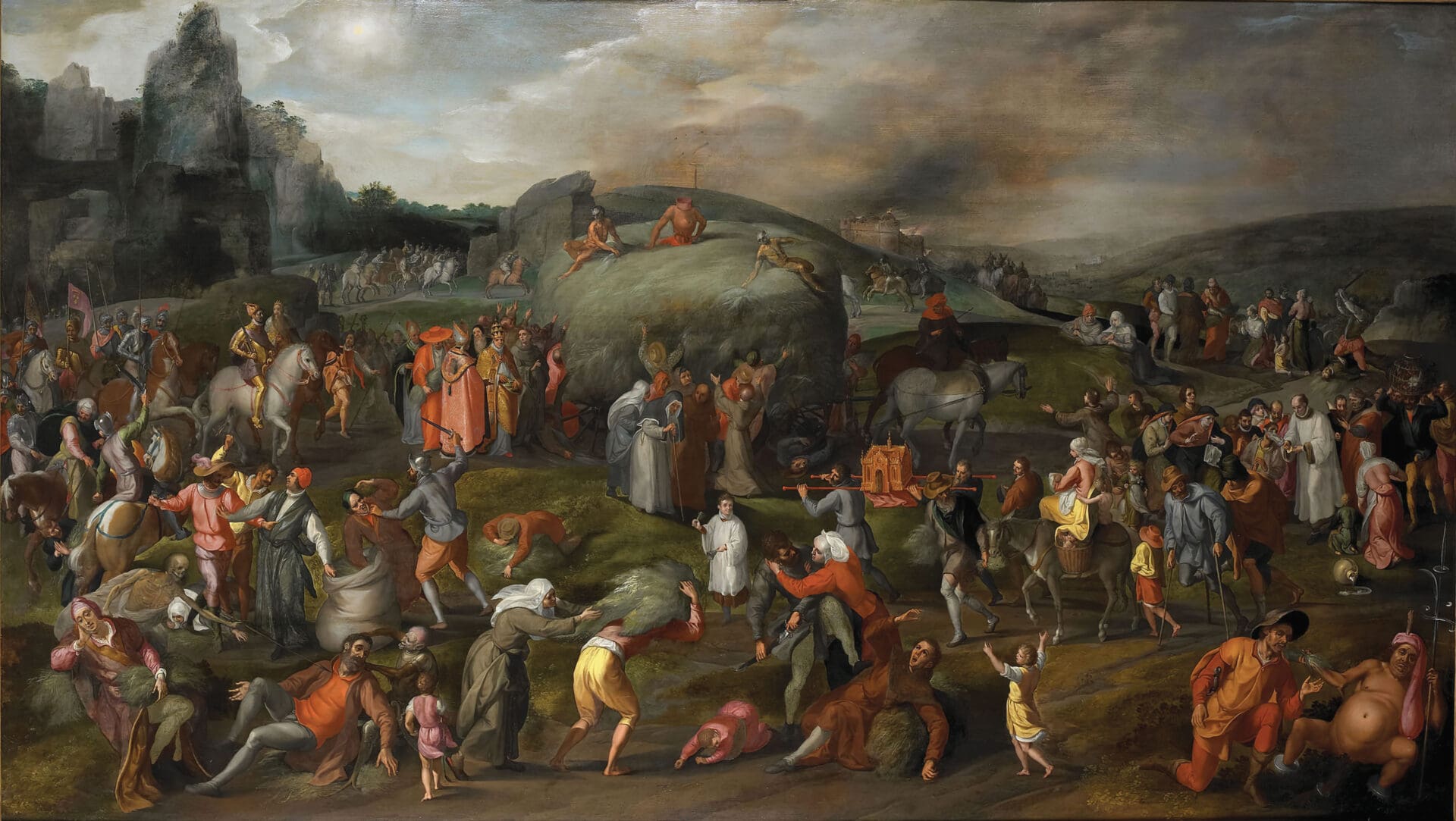
A Woke Europe Now Confronts Two Threats: Ideological and Military
A Woke Europe presents two existential threats to its foundational values and to the sustainability of all that it has contributed to civilization. These two threats are, firstly, ideological and, secondly, a pivoting away from peace and toward militarization.

